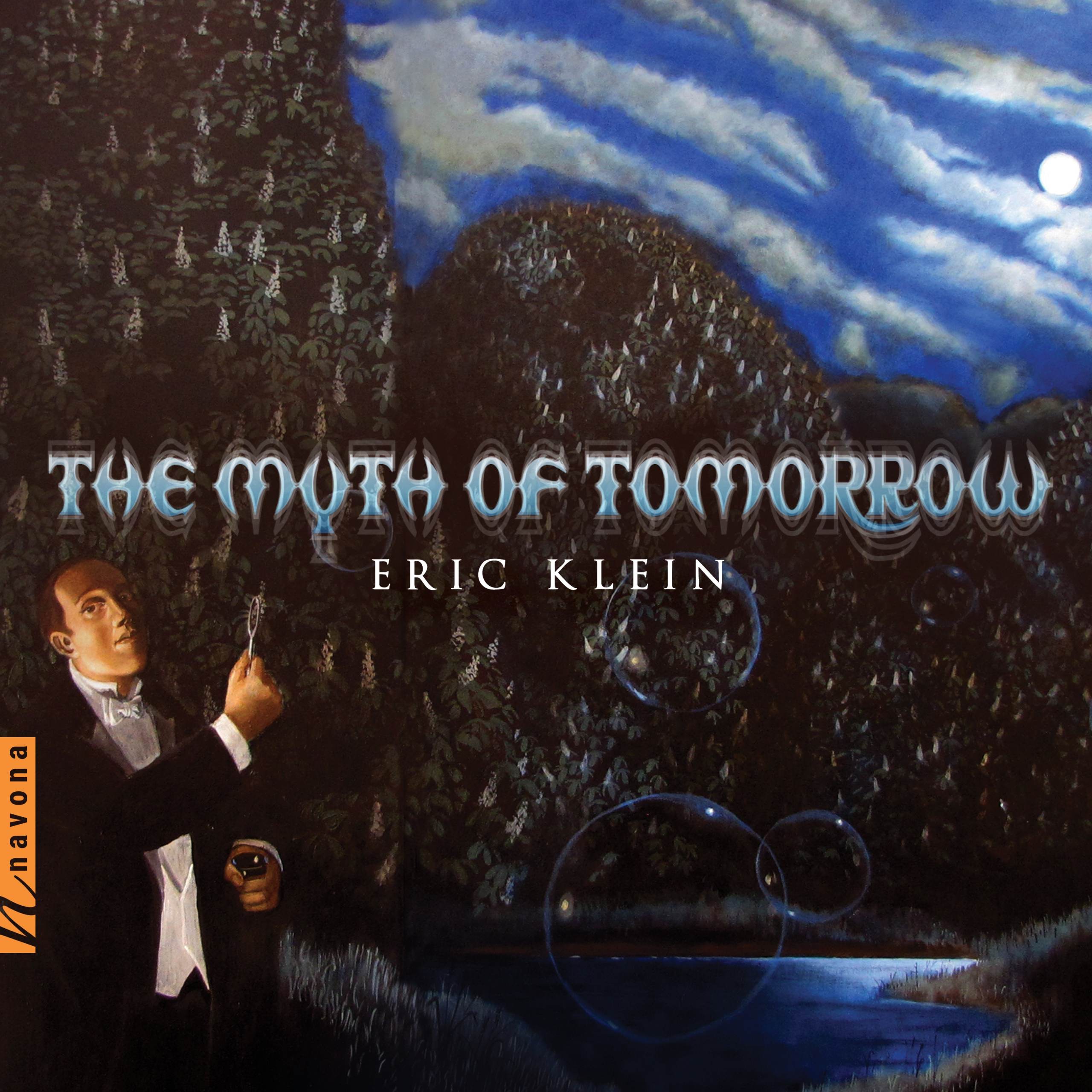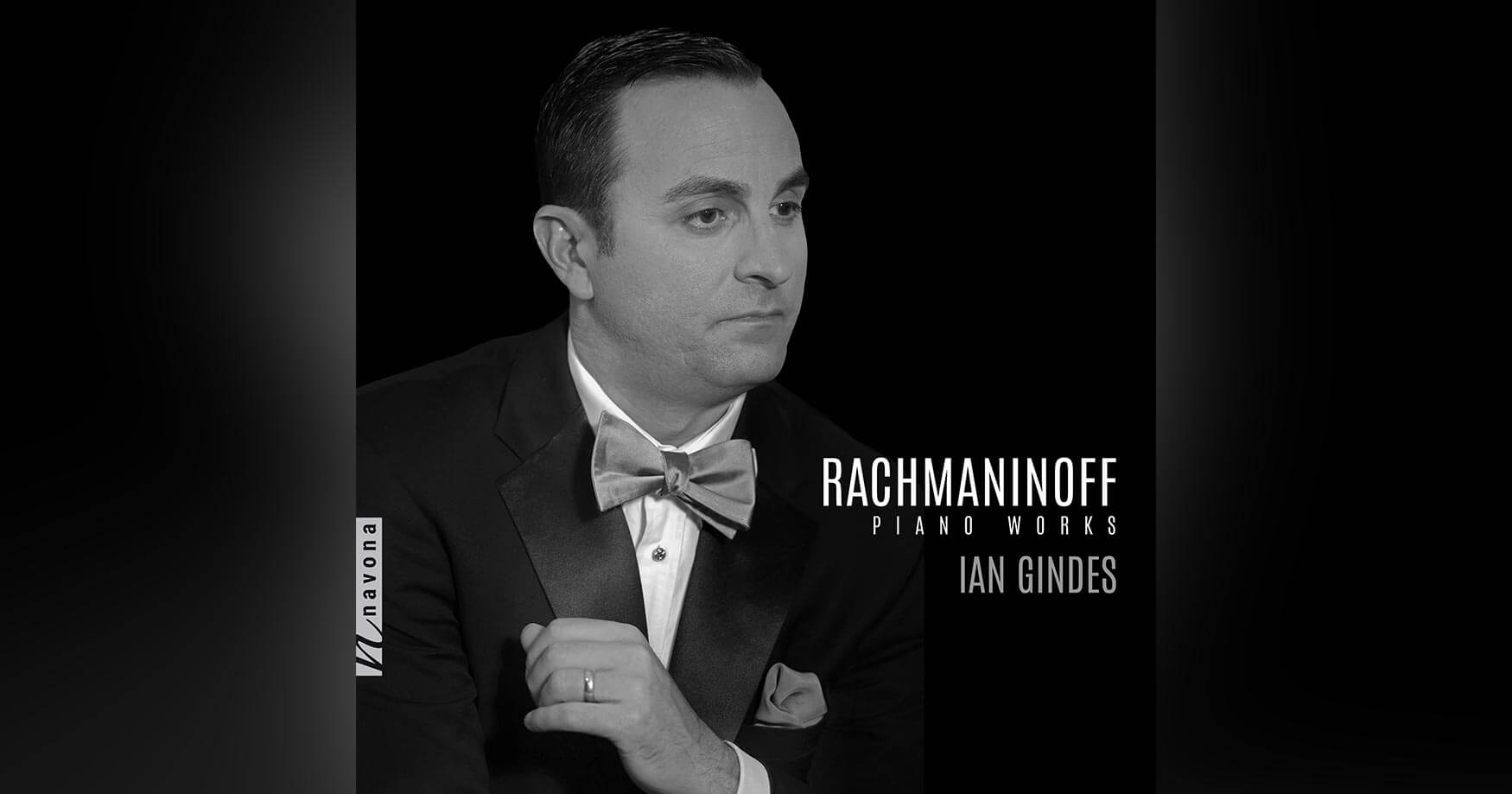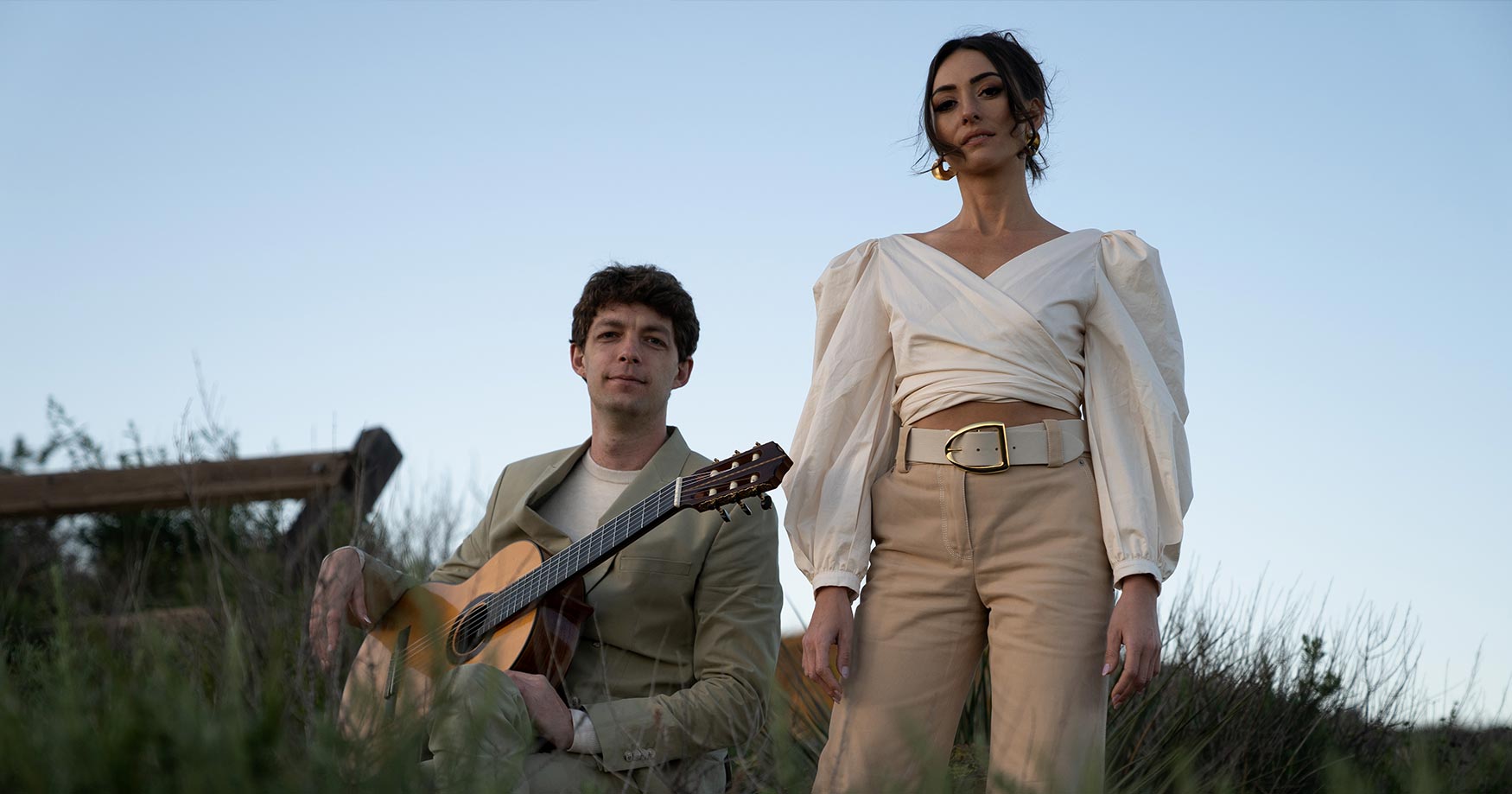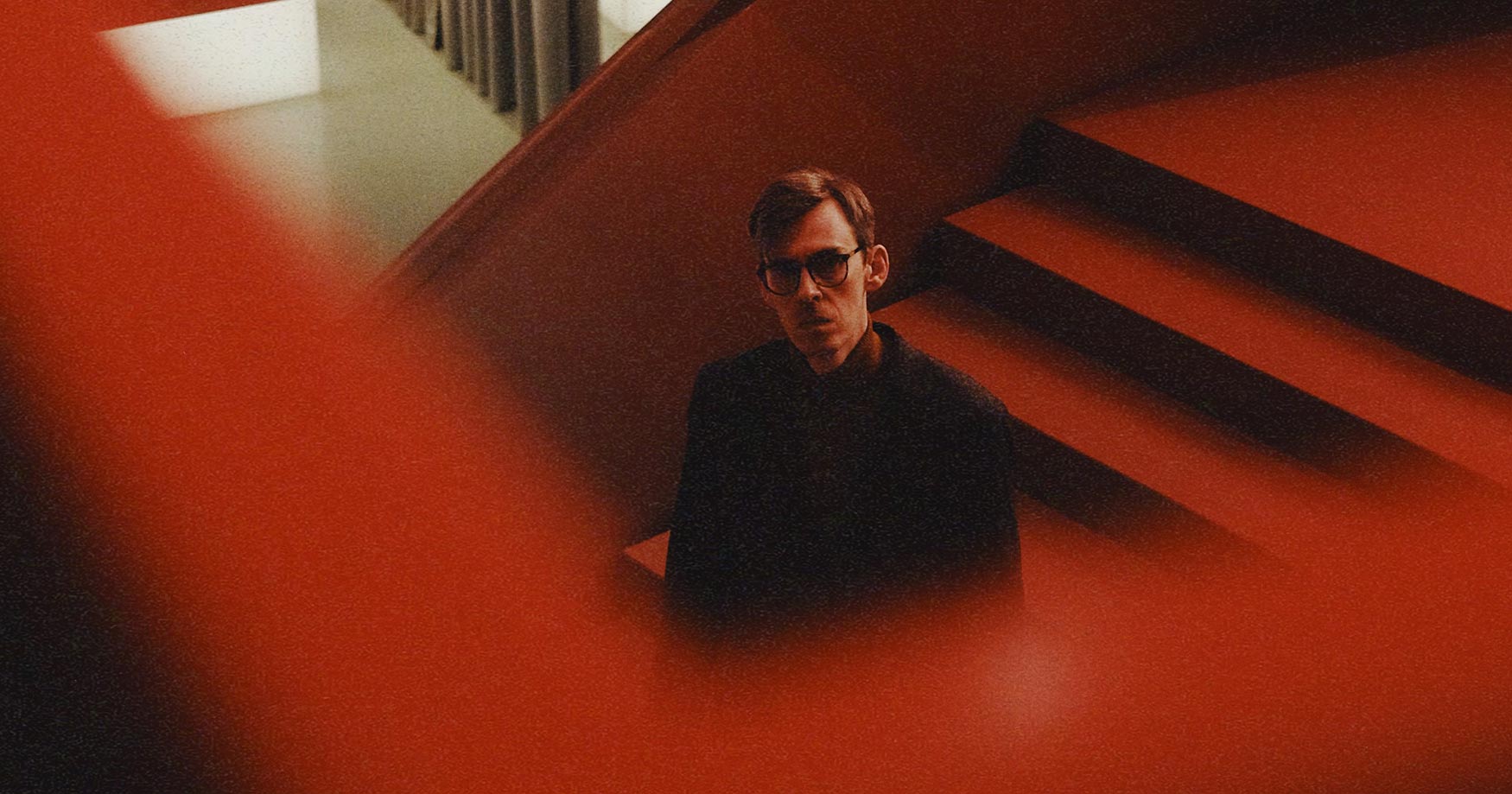Eric Klein, a multi-genre composer, electric guitar enthusiast, and long time partner of PARMA, released his newest album MYTH OF TOMORROW, a collection of guitar fueled chamber music for the modern day, on Navona Records earlier this month.
Today, Klein is our next featured artist in “The Inside Story,” a blog series exploring the inner workings and personalities of our artists. Read on to see what Klein calls his most unusual performance…
Who was your first favorite artist(s) growing up?
My father, Lothar Klein was a very prolific and well-known composer in his time and I was very lucky to have been exposed to all sorts of very serious music growing up in the ‘70’s. He played a lot of symphonic music, everything from Beethoven to Lutoslawski. When I was 5 he would play me Honegger’s “Pacific 231,” which I thought was awesome and still do. I play it for my kids just to open their ears.
I heard very little in the way of popular music until my mother bought me The Beatles’ “Abbey Road” when I was 10 which was my gateway to so much other music. Nothing was the same after that! I would listen to it through one speaker where you just heard the instruments and the singing was in the background.
When I started guitar a couple of years later, I was primed for guitar bands like Led Zeppelin. And growing up in Canada it was hard to escape RUSH, which is when I became serious about classical guitar and prog-rock. YES, Jethro Tull and Mike Oldfield became my musical obsessions.
When did you realize that you wanted to be an artist/composer/creator?
Being a fan of prog-rock, it was inevitable that I would get into synthesizers, which was kind of my next phase. I was highly motivated to start playing keyboards once I got my first synth. In retrospect, it was good that I expanded my horizons learning the keyboard but it was also a detour from serious guitar study and my father wasn’t pleased that I was playing in bands and stuff. Having a father who was a composer was very intimidating and I felt weird about playing him my 4-track tape compositions. But as long as my father was paying for my guitar lessons, he also insisted that I learn about harmony and counterpoint which he taught me and pestered me to do harmonization exercises.
Ironically, I failed out of my first year at the Faculty of Music, University of Toronto where my father was a composition professor (I didn’t have him as a professor mind you). Wanting to compose at this point was pretty much extinguished then, but I still wanted to play music and I continued to play in the jazz ensemble as I transitioned into a philosophy major.
I didn’t start writing ensemble pieces until I was in my late 20’s as I was very immersed in doing MIDI sequencing on the computer, which was just starting to develop in the late ‘80’s. It wasn’t until after I started producing notated works that my father became very supportive and helpful, once I could show him my notated scores.
What was your most unusual performance?
I’m lucky to of had a lot of different “gigs” over the years. Many years ago, a friend called me up to see if I would accompany him on guitar for an audition to get a permit from the City of Toronto to play on the subway – that’s right, you need a permit to play on the subway in Toronto (at least in the ‘80’s you did). Now, my friend played the bassoon. He also had a very large afro. I remember we played “Yesterday,” “Bridge Over Troubled Water,” and “Daniel.” We never got the permit. I still can’t understand why and it bugs me to this day that they didn’t think we were good enough to play on a subway platform.
What was your favorite musical moment on the album?
Towards the end of the title track “Myth of Tomorrow” there are a lot of different parts going on that kind of unify right before the end, that’s the section that I like the best. Instrumentally detailed sections like that lend themselves to small ensemble arrangements and really wouldn’t work in an orchestral setting with a lot of instruments.
Was there a piece on your album that you found more difficult to create than the others?
I spent an inordinate time on the guitar duo “Four Journeys.” I thought it would somehow be quicker to do if I recorded both parts myself. So, as I recorded the second guitar part first. I soon realized I would have to get each section absolutely perfect and edited before I could go and add the other part. If you’re playing along with another player, you can get the takes recorded much faster. Lesson learned.
Is there a specific feeling you want listeners to tune into when hearing your work?
Writing long pieces today is just not an option for a lot of ensembles and so I really try to get to the point quickly and I don’t like to meander too much. Sometimes I wish I could write extended pieces but I feel kind of self indulgent about it and so I focus more on editing and compacting my pieces and getting rid of the extraneous stuff. This is definitely something I picked up from my attempts at writing songs many years ago.
So, I hope the tight structure of some of the pieces comes across. I also try to write in a harmonically ambiguous way and I straddle the line between tonality and dissonance. I hope that listeners find that interesting and not off putting. I was really trying to come up with pieces that were fresh and inject a little technology where I could. I wanted to make an album of chamber music that was a little nonconventional, as I just can’t suppress some of my prog-rock influences, which are forever stuck in me.
Eric’s new album is now available for streaming or purchase. Click here to explore THE MYTH OF TOMORROW.



